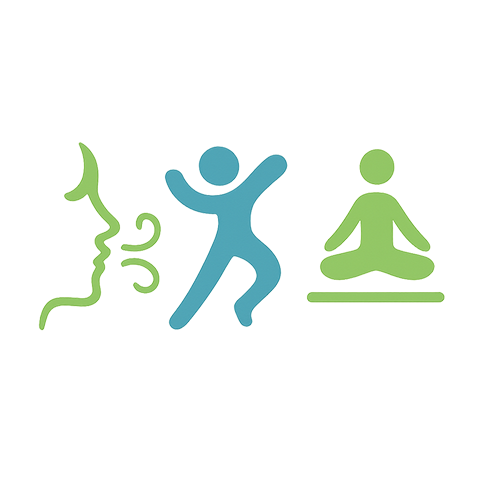Endurance training is more than just a fitness routine; it’s a journey, a transformation that challenges both physical and mental limits while paving the way for long distances mastery. Whether you’re a seasoned athlete or a beginner, conquering long distances can be an incredibly rewarding endeavor that enhances your overall health and fitness.
At the core of endurance is the concept of building stamina, which allows you to partake in extended periods of physical activity without excessive fatigue. Engaging in activities such as running, cycling, or swimming can significantly improve cardiovascular health, resulting in a stronger heart and enhanced blood flow. The benefits of long-distance training transcend mere fitness goals; they develop a resilience that can penetrate into our daily lives.
To embark on this journey, focus on structured training. Start by setting realistic objectives, gradually increasing your distance over time. Incorporate longer runs or rides into your weekly schedule, allowing your body to adapt. It’s crucial to listen to your body; any sign of discomfort should prompt a reassessment of your training intensity and scheme. Pay attention to hydration and nutrition, as they serve as pillars for sustaining energy, especially when tackling long distances.
Your activity doesn’t have to be a solo endeavor. Connecting with a community can motivate you and foster a sense of belonging. Participating in group runs or joining a local cycling club can elevate your experience and cultivate lasting friendships along the way. Finding individuals who share your passion for endurance can provide encouragement during tough workouts and contribute to your overall success.
Moreover, endurance training cultivates mental resilience. As your body learns to push through fatigue, your mind follows suit, fostering a sense of empowerment and determination. It teaches you to embrace discomfort, whether it’s the third mile into a run or the last stretch of a cycling route. This mindset shift can enable you to tackle life’s challenges head-on, transferring the lessons learned from physical training into various aspects of your existence.
Don’t overlook recovery, an essential component of any endurance program. Incorporate rest days and cross-training to allow your muscles to repair and grow stronger. Engaging in activities like yoga or swimming can aid recovery while offering diversity to your routine. Remember, consistency is key; even on days when motivation feels low, staying active is crucial in mastering long distances.
The journey to mastering long distances is one filled with ups and downs, victories and challenges. As you lace up your shoes and step outside, you’re not just embarking on a workout; you’re investing in your health, your fitness, and your mental fortitude. Embrace the process, celebrate progress, and remember that each step you take is a testament to your dedication and commitment to a healthier, fitter you.




